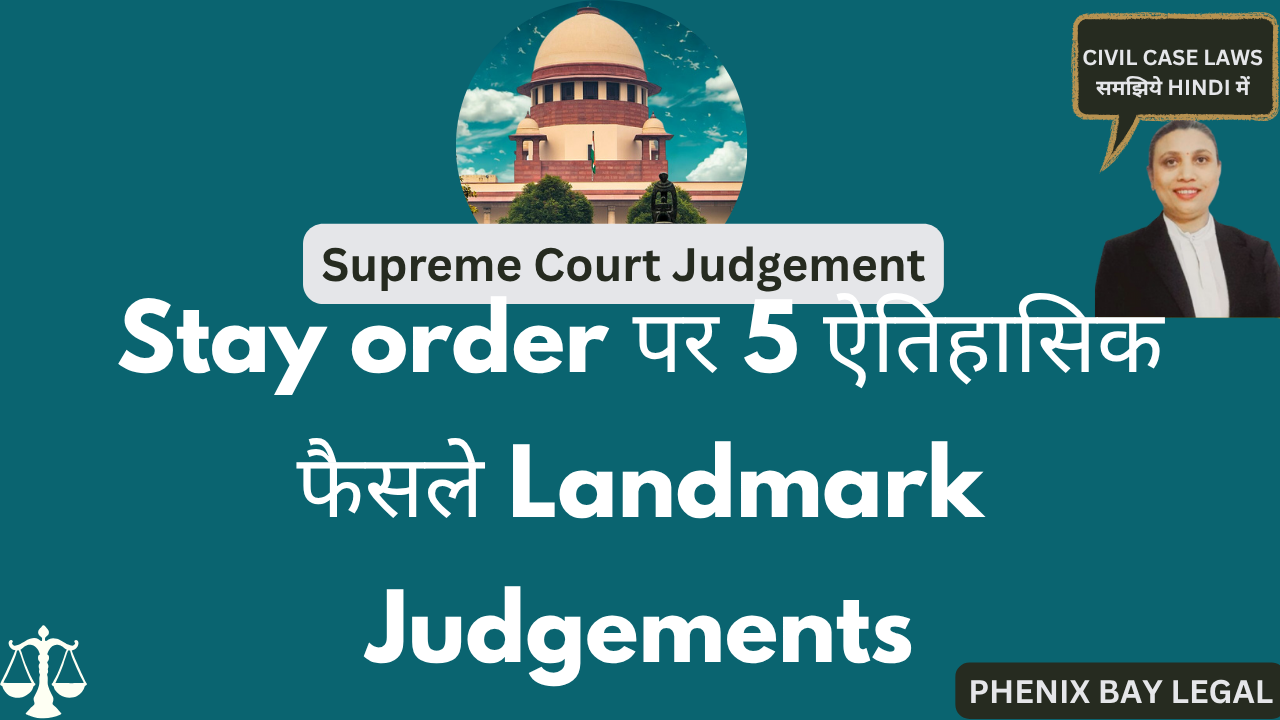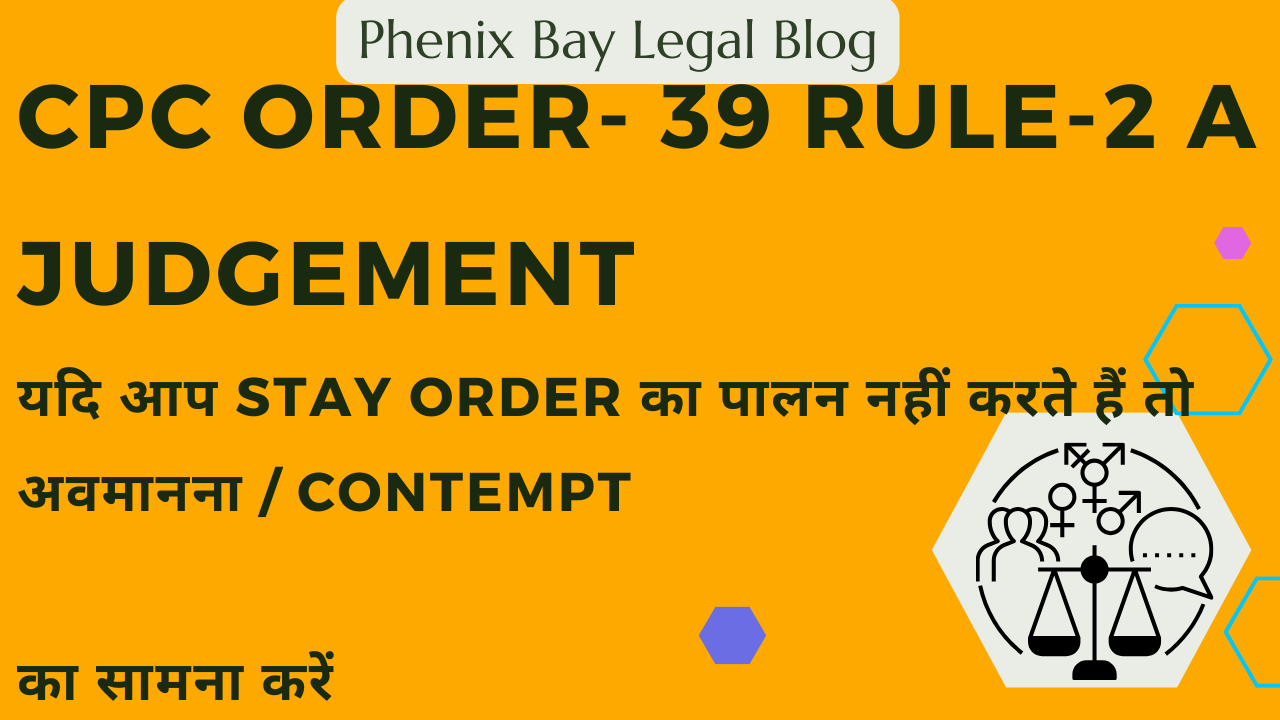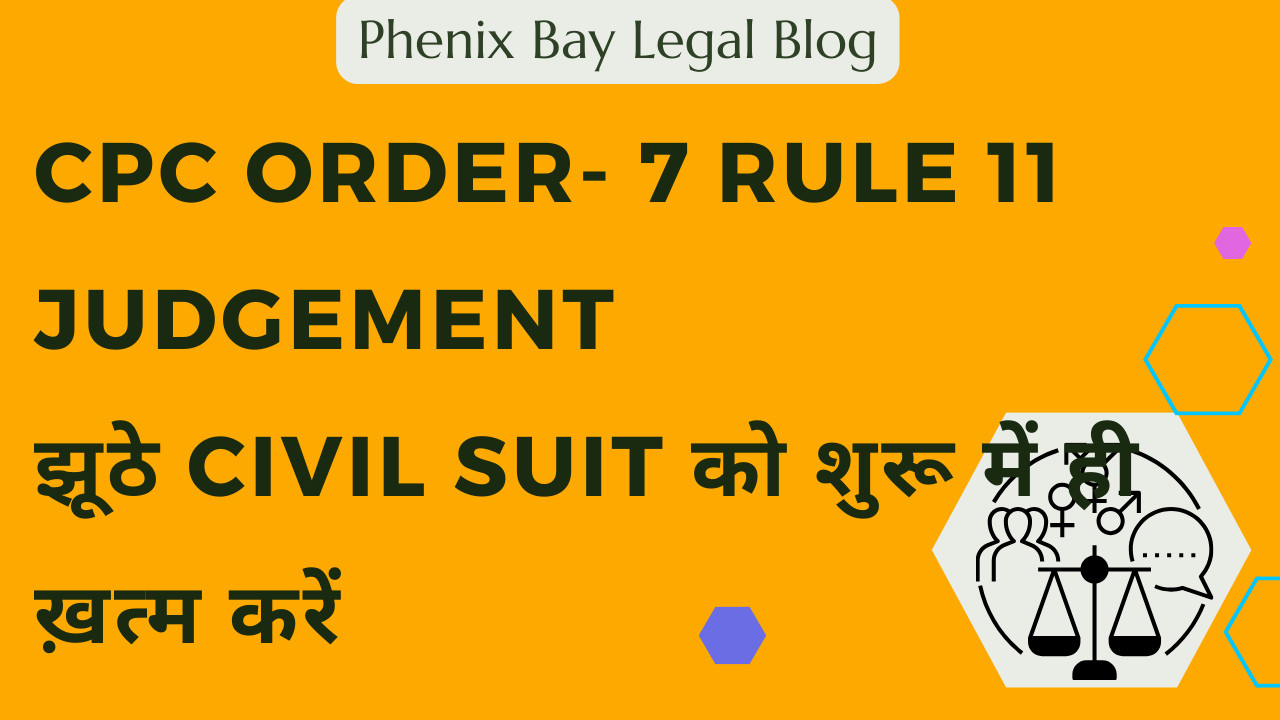
Time Management for Lawyers in India: Practical Solutions for Real-World Challenges
This article will delve into the real challenges Indian lawyers face when managing their time and offer practical solutions rooted in the emotional reality of the profession.
Time Management for Lawyers in India: Practical Solutions for Real-World Challenges
Being a lawyer in India is both rewarding and incredibly demanding. The profession calls for a delicate balance between rigorous work schedules, high-stakes case management, and the personal relationships that make life meaningful. For many lawyers, the constant rush between courtrooms, client meetings, and late-night drafting sessions creates an overwhelming sense of fatigue, stress, and imbalance. This often results in feeling that no matter how hard you work, there's always more left undone.Time management isn't just about efficiency; it's about finding ways to regain control of your professional life and protect your mental well-being. It’s about ensuring that the demands of your career don’t erode the relationships and passions that matter most outside of work. This article will delve into the real challenges Indian lawyers face when managing their time and offer practical solutions rooted in the emotional reality of the profession.
Table of Contents:
- The Emotional Toll of Poor Time Management
- Real-Life Challenges Faced by Indian Lawyers
- Practical Time Management Tips for Lawyers
- How to Prioritize Your Day Without Losing Control
- Work-Life Balance: The Heart of Sustained Productivity
- Finding the Right Tools (and When to Use Them)
- Phenix Bay Legal: Your Drafting Solution Partner
- Conclusion: Reclaiming Your Time and Peace
- The Emotional Toll of Poor Time Management
As a lawyer, one of the greatest burdens you may carry is the guilt of never quite doing enough. The pressure to be constantly available for clients, to handle every urgent matter with precision, and to meet court deadlines can quickly spiral into an overwhelming cycle. The guilt of missed family events, unfinished personal projects, and deteriorating health can weigh heavily on a lawyer’s mind.Anxiety creeps in when you’re racing against time, feeling like no matter how much you accomplish, it isn’t enough. Many lawyers reach a point where they question whether the stress is worth the success.But the truth is, poor time management doesn’t just affect your career; it affects your relationships and your sense of self. And until you address this core issue, no amount of professional success will bring true satisfaction.
- Real-Life Challenges Faced by Indian Lawyers
2.1 Constant Interruptions
You may start your day with a carefully crafted to-do list, but as soon as you walk into the office (or open your inbox), your plans are thrown out of the window. Urgent calls from clients, unexpected case developments, or last-minute court filings can derail even the most organized day.
2.2 The Weight of Multiple Cases
Handling several ongoing cases simultaneously can feel like trying to juggle flaming swords. Each case has its own set of deadlines, client expectations, and legal complexities. It’s easy to get lost in a whirlwind of competing priorities, leading to rushed, lower-quality work. Many lawyers end up spending hours preparing for a case, only for the hearing to be postponed. The time feels wasted, but you can’t ignore it either because the stakes are so high.
2.3 The Myth of “Busy Equals Productive”
Lawyers often wear their long working hours as a badge of honor. There’s an unspoken belief that if you aren’t constantly busy, you aren’t working hard enough. But busy doesn’t mean productive. It can mean you’re just running from one task to another, barely catching your breath, without making meaningful progress on what really matters.
- Practical Time Management Tips for Lawyers
3.1 Embrace “Deep Work” Sessions
The first practical solution is to carve out uninterrupted time for deep work. This means setting aside at least two to three hours a day where you focus solely on one task without any distractions. Inform your colleagues and assistants that during this time, you are not to be interrupted unless there’s a true emergency.Deep work allows you to concentrate on complex legal tasks like drafting, case analysis, or legal research, where scattered focus can lead to mistakes. Even in a chaotic legal environment, creating these windows of focus is essential for quality work.
3.2 The “Two-Minute Rule”
If a task will take less than two minutes to complete, do it immediately. This technique is simple but highly effective. By handling small tasks right away, you prevent them from accumulating into a daunting to-do list that bogs you down later in the day.For instance, replying to a quick email or signing off on a document can often be handled right away. Letting these small tasks pile up creates unnecessary stress and steals your attention from the bigger tasks that require deep focus.
3.3 Schedule Time for Unexpected Events
Lawyers are no strangers to unpredictability. Build a cushion of time into your day for the inevitable interruptions. Instead of scheduling back-to-back meetings, leave a 30-minute buffer between them to handle any immediate client requests or court follow-ups. This helps you stay in control, even when surprises arise.
- How to Prioritize Your Day Without Losing Control
4.1 Use the “3 Most Important Tasks” Method
At the beginning of each day, identify the three most important tasks (MITs) that you need to complete. These should be the tasks that, if completed, would make your day feel successful, regardless of any other distractions.Keep this list short and focused. Larger projects can be broken down into actionable steps and tackled as part of your MITs. This way, no matter what happens during the day, you ensure that you make progress on what truly matters.
4.2 Learn to Say No
Saying no doesn’t mean turning down every request, but it does mean being selective about where you invest your time. When a request doesn’t align with your priorities or doesn’t contribute meaningfully to your goals, it's okay to say no. Being spread too thin often leads to mediocrity and exhaustion.
- Work-Life Balance: The Heart of Sustained Productivity
The idea of work-life balance can sometimes feel impossible, especially for lawyers. But it's crucial to recognize that sustained productivity is impossible without it. You can’t pour from an empty cup. Taking time off, even if it’s a few hours each day to unwind, ensures you have the mental energy to perform at your best in your professional life.
5.1 Set Boundaries
It’s important to set clear boundaries for when you are and aren’t available to clients or colleagues. This could mean no work-related emails after a certain hour or setting specific hours for client calls. These boundaries help protect your personal time and ensure you aren’t constantly in work mode, leading to burnout.
- Finding the Right Tools (and When to Use Them)
6.1 Focus on Simplicity
While legal tech solutions are helpful, don’t get caught up in complicated tools that end up taking more time to learn and manage than they save. Stick to tools that are intuitive and don’t require extensive training. Simplicity is key to consistency.
6.2 Use a Simple Task Management System
A simple task management system like Trello or Asana can help you keep track of your to-dos without overwhelming you. These tools let you break projects down into smaller tasks and track their progress in a visual format.
- Phenix Bay Legal: Your Drafting Solution Partner
At Phenix Bay Legal, we understand that one of the most time-consuming aspects of a lawyer’s day is drafting legal documents. Our legal drafting solutions are designed to reduce the burden of repetitive document creation, allowing you to focus on more important aspects of your work.Our resources, including drafting templates and comprehensive legal drafting courses, are tailored for Indian lawyers to make their work more efficient, saving hours that can be redirected towards client engagement and case strategy. Whether you're handling civil, criminal, or contractual matters, Phenix Bay Legal offers tools to ease your workload so you can focus on what truly matters—delivering exceptional legal service to your clients.
- Conclusion: Reclaiming Your Time and Peace
Managing time as a lawyer in India is not just about efficiency; it’s about reclaiming control over your life. The legal profession will always be demanding, but with practical solutions like setting boundaries, embracing deep work, and using simple task management tools, you can regain your peace of mind.While there’s no perfect formula for time management, making small changes to how you prioritize and structure your day can have a huge impact on both your professional and personal well-being.And when it comes to drafting, let Phenix Bay Legal lighten your load with our easy-to-use drafting solutions. After all, your time is invaluable, and managing it well is the key to a fulfilling and successful legal career.
More >>

Jyoti Sharma vs. Vishnu Goyal & Anr. 2025 INSC 1099
This was a long running legal battle between a landlord and her tenants over a shop. The landlord, Jyoti Sharma, wanted her shop back for two main reasons: The tenants had stopped paying rent. She needed the shop to expand her family's business (her bonafide need).

Landmark Judgement on Injunction
In civil, commercial, or even family disputes. But when is a simple injunction suit enough? When do you need to add a declaration of title? And how do courts balance urgency vs evidence in interim relief?

Case Analysis: Stay Order Violation and Contempt of Court by Supreme Court of India
Giving an undertaking to the court is equivalent to an order of injunction—any violation invites contempt proceedings.Injunction orders remain valid until formally vacated by a court—violation before vacation can lead to punishment.

Order 7 Rule 11 of CPC Explanation in Land Mark Judgement
The Sopan Sukhdeo Sable judgment is a landmark ruling that reinforces Order 7 Rule 11 of CPC as a safeguard against frivolous and legally untenable claims. It highlights the importance of examining only the plaint’s contents to decide whether a suit should be dismissed at the threshold.

CPC Order- Order 14 to 20 Explanation IMPORTANT CASE LAWS +MCQ’S for Judiciary Exam Preparation
CPC Order- Order 14 to 20 Explanation IMPORTANT CASE LAWS +MCQ’S for Judiciary Exam Preparation

Supreme Court ImportanatJudgement - Landlord Tenant Bonafide need
This case involves a dispute over eviction of a tenant based on the bona fide need of the landlord. The Supreme Court ruled in favor of the landlord, reversing the High Court's decision. Below is a detailed breakdown of the judgment with relevant legal principles, precedents, and reasoning.